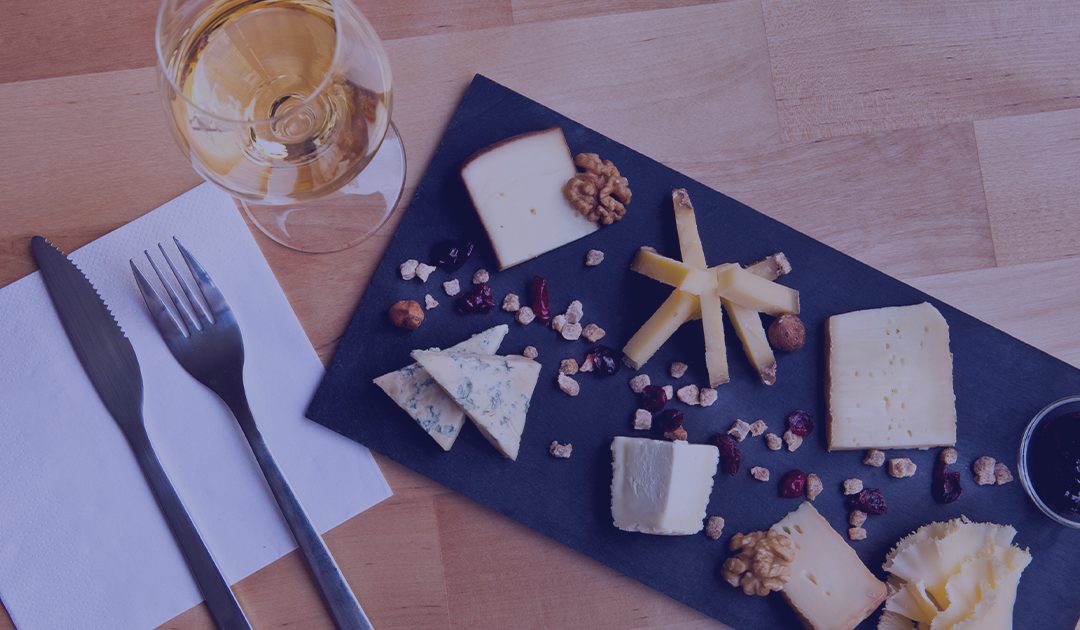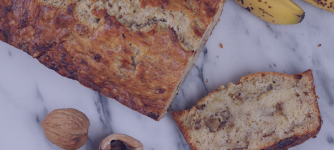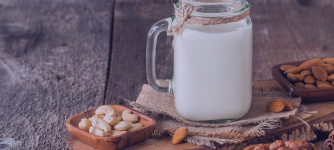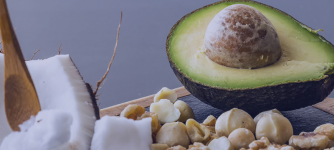Given the appeal of clean food products in the US, it is no surprise that a growing number of cheeses incorporate clean features. The US is the world’s largest market for cheese, with retail sales worth US$24.5 billion in 2018 and growth of 2.7 percent by value and 2.0 percent by volume (CAGR) projected from 2010 through 2022. Growth in the natural cheese subcategory is outpacing that of processed cheese, 3.4 percent compared to 0.7 percent (CAGR, 2010-2022F), providing a logical entry point for clean-related features.
Claims relating to diets and lifestyles, as well as ethical claims, include clean product characteristics and show strong expansion. Furthermore, cheese new product development (NPD) is more active in the US than in other areas of the world.
Clean claims influence consumer purchasing decisions when buying cheese. Comparing Innova consumer research between 2016 and 2018, ‘made with real ingredients’ became the top most influential claim while two other clean label claims, no artificial flavors or colors and non-GMO also gained. Key positioning claims related to clean, or consumer perception of clean, include allergies, gluten free, natural, no additives/preservatives, and ethical positionings.
Cheese companies are moving toward cleaner products in two ways. First, they are incorporating clean characteristics around ingredients and processing. The second pathway to clean involves entering the small but rapidly growing dairy alternative/non-dairy sector that currently is led by start-up companies.
Traditionally made cheese, matured cheeses, and artisan products are becoming more popular, creating a natural pathway to cheeses with a cleaner label. Cheese giant Kraft Heinz, for example, highlights clearly on pack when a cheese is “natural cheese” and announced in January 2019 that all of the milk used to make its natural cheese products would be from cows raised without the growth hormone rBST. Hormone free animals are consistent with Innova’s 2019 ‘Green Appeal’ trend that highlights the appeal of traditional production methods often associated with clean features – aged/matured, handcrafted/artisan, local, grass-fed, pasture-raised, organic.
Examples include Organic Valley Neufchatel Cheese (US, Aug 2019), Neufchatel cheese made from organic milk from pasture raised cows from family farms. Company claims to never use synthetic hormones, toxic pesticides, antibiotics or GMOs. Fiscalini Smoked Cheddar Cheese (US, Aug 2019), traditional handcrafted cheddar, smoked in onsite smokehouse, using California milk, free from growth hormones. Stonyfield Organic Whole Milk Low Moisture Mozzarella String Cheese (Aug 2019), pasture-raised, organic, made without the use of toxic persistent pesticides or GMOs, good for the planet.

Non-dairy cheeses are positioned for ongoing gains, demonstrating a 174 percent CAGR (2014-2018) and wide range and diversity of ingredients, textures, and flavors. Vegan claims likewise are expanding, with 163 percent CAGR (2014-2018), and companies are responding to the growing demand for plant based foods with non-dairy cheeses. Two of Innova’s top 2019 trends, ‘The Plant Kingdom’ and ‘Alternatives to All’, provide the rationale for anticipated growth in non-dairy cheeses: broadening availability of plant based ingredients to replace dairy protein, carbohydrate, and fat.
Start-ups and select private labels dominate the non-dairy cheese marketplace. Kite Hill launched its first cheese in 2014 and now offers a full range of cheese options. It recently raised US$10 million to support future growth. Miyoko’s Kitchen positions its cashew based cheese for the premium vegan cheese sector, offering novel, indulgent flavors that rival fine dairy cheese. Miyoko began working with Nestlé USA via the Terra Accelerator program. Whole Foods 365 Everyday Value line added three plant based cheese alternatives in 2019.

The products above are: Kite Hill Jalapeno Almond Milk Cream Cheese Style Spread (US, May 2019), cream cheese made from almond milk, flavored with jalapeno peppers. Miyokos Tomorrow’s Creamery Semi Firm Aged Cheese Wheel With Herbes De Provence (US, Apr 2019), suitable for vegans. Cashew cream fermented with live cultures. Made from plants. 365 Everyday Value Plant Based Smoked Gouda Cheese Alternative Slices (US, Jul 2019), plant based gouda style cheese, made with coconut oil, potato starch and tapioca starch. Melts and stretches like Gouda cheese.
It is likely that big dairy companies will start to invest in and develop their own non-dairy cheese (or acquire companies already in the sector). Kraft Heinz, for example, recently invested in New Culture, a San Francisco start-up developing animal free dairy cheese made from caseins produced by microbial fermentation and plant based sugars and fats. Taste continues to be the strongest purchase driver, so companies large and small will need to deliver on taste for all cheese.
Category Insider: Cheese – US is a report from Innova Market Insights, which brings together consumer research, market sizes, company analysis and a review of new product trends and activity to demonstrate just how the picture has been changing and to suggest where the future opportunities can be found.
All Innova Market Insights material is copyrighted. The terms of use for this resource are contained in our standard Terms and Conditions.





